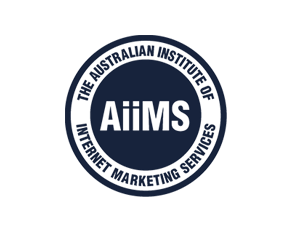It seems reasonable to assume that if some search engine optimisation is good for your site then more should be better. Sadly, that’s not the case as a lot of Australian SEOs and webmasters have found to their cost.
Google first got serious about dealing with over optimised sites in April 2012 when it introduced its over optimisation penalty which eventually became known as Penguin. According to Matt Cutts, the guiding principle was that great SEO craft should not win out over great content. The algorithm targeted such practices as content spam, spun articles and keyword stuffing.
The perils of over optimisation have never been as severe as now when Google is paying greater attention to on-page factors when determining rankings. That means that content that not just serves its purpose of performing and persuading visitors but also appearing natural. In other word, not over optimised.
How to Recover from Optimisation Penalties
If you’re suffering from your own over-optimisation or that of overzealous SEOs, here are some ways to try and regain your rankings.
Keywords are the starting point for one page optimisation, and indeed most SEO tasks. However, the way they’re used has undergone a major shift over the last year. Google increasingly recognises themes rather than individual key phrases and is working on matching these themes to user intent.
Essentially, you need to focus on making sure your pages convey a theme rather than plug keywords in the right places. It’s a move towards natural content created for readers rather than search engine spiders. And natural content is not over optimised.
It’s also important to recognise different types of pages need to be optimised in their own particular way.
Your commercial pages need full contact details, a Google Place listing and a shopping cart if you’re selling from your page. Reviews and testimonials are another plus along with any relevant schema data.
Informational pages benefit from Google Authorship, current information on relevant topics and links out to authority sites.
In addition, your URL names and meta tags should be optimised relevantly.
The Way Ahead
If you follow Cutts’s edict and focus on making a great site, it will go a long way towards your success. But judicious SEO is also vital to obtain the kind of rankings that you need. However good your content, it’s of no value unless it’s found by those searching for it. This is something only proper optimisation can help with.
It has to be the kind of optimisation that’s finely tuned to support an excellent site and help Google determine what it’s about and how it should be ranked and for what queries.
This kind of optimisation requires a deft, professional touch that’s constantly focused on how the search engines are changing and also soundly based on your site and objectives. Contact Smart SEO today.

















